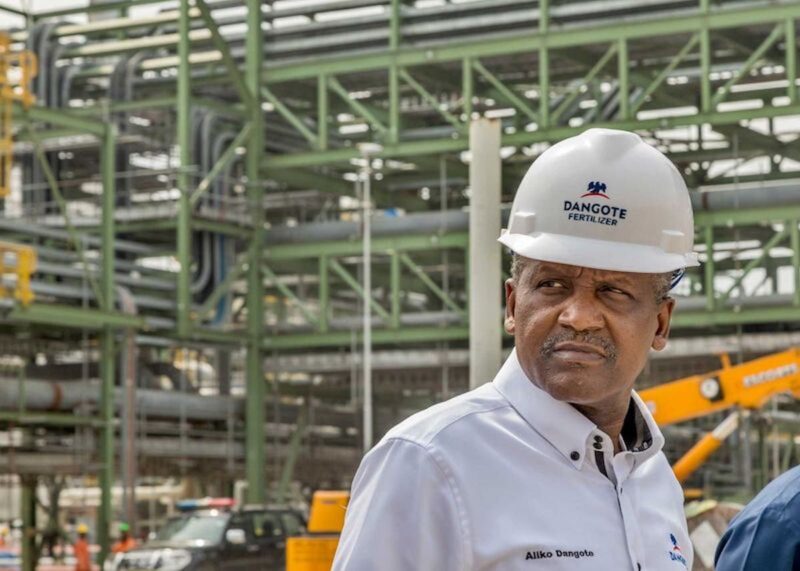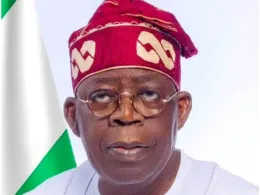The recent launch of the Dangote Refinery, Africa’s largest oil refinery, has set the Nigerian oil sector abuzz, with some industry stakeholders expressing concern that Aliko Dangote’s growing influence could lead to monopolistic control, impacting both market competition and consumer prices.
Commencing operations in 2024, the Dangote Refinery boasts the capacity to refine 650,000 barrels of crude oil daily, a significant milestone that positions it to drastically reduce Nigeria’s reliance on imported petroleum products, which currently make up more than 80% of the country’s fuel needs. The refinery’s goal is not only to meet Nigeria’s domestic fuel requirements gasoline, diesel, and aviation fuel, but also to produce surplus products for export.
While the refinery’s promise of energy security is widely celebrated, it has also raised alarms among oil marketers, who fear that Dangote’s dominance in the market could result in inflated fuel prices and limited consumer choices. “If Dangote’s refinery becomes the dominant player in the fuel market, there is a risk that consumers may face limited choices and higher prices,” warned one insider.
These concerns are fueled by Dangote’s market control in other sectors. In industries such as cement and sugar, the billionaire’s conglomerate has maintained substantial dominance, often forcing smaller competitors to either scale back or exit the market entirely. Critics argue that the lack of competition in these sectors has led to accusations of price manipulation and reduced product quality.
Critics of Dangote’s expanding influence also point to his close ties with the government, which they argue have given him an unfair competitive edge. Allegedly, Dangote has received various tax waivers and concessions, which have enabled him to bypass certain financial burdens that smaller businesses must contend with. Additionally, Dangote’s involvement in infrastructure projects, such as road rehabilitation, has allowed him to offset tax obligations while further enhancing his business operations.
This blending of business and political interests has raised questions about the fairness of the market and whether Dangote’s dominance is the result of true efficiency or government-backed favoritism. Some worry that his position could stifle smaller refineries and independent marketers, making it difficult for them to survive in an increasingly monopolized environment.
“If fuel marketers are pressured to source their products exclusively from Dangote’s refinery, it could further marginalize smaller players who already struggle with operational costs,” said one marketer.
With these concerns in mind, there have been increasing calls for regulatory bodies to step in and ensure that Nigeria’s oil market remains competitive. The Nigerian Midstream and Downstream Petroleum Regulatory Authority (NMDPRA) is tasked with overseeing the sector, and while it is expected to prevent monopolistic practices, critics argue that recent actions suggest a potential bias toward Dangote’s interests, raising doubts about regulatory impartiality.
Consumer advocacy groups have also joined the debate, urging that any decisions regarding market structure prioritize the interests of consumers. They stress that having a diverse range of suppliers is critical to keeping fuel prices competitive and ensuring product quality. “Encouraging monopoly in the oil sector equates to putting all Nigerians in the palms of Dangote,” a concerned consumer representative stated.
The situation is delicate, as the success of the Dangote Refinery could offer substantial benefits in terms of energy security and economic growth. However, these benefits must be weighed against the potential for reduced competition, higher prices, and a lack of choice for the average Nigerian consumer.










Join our Channel...